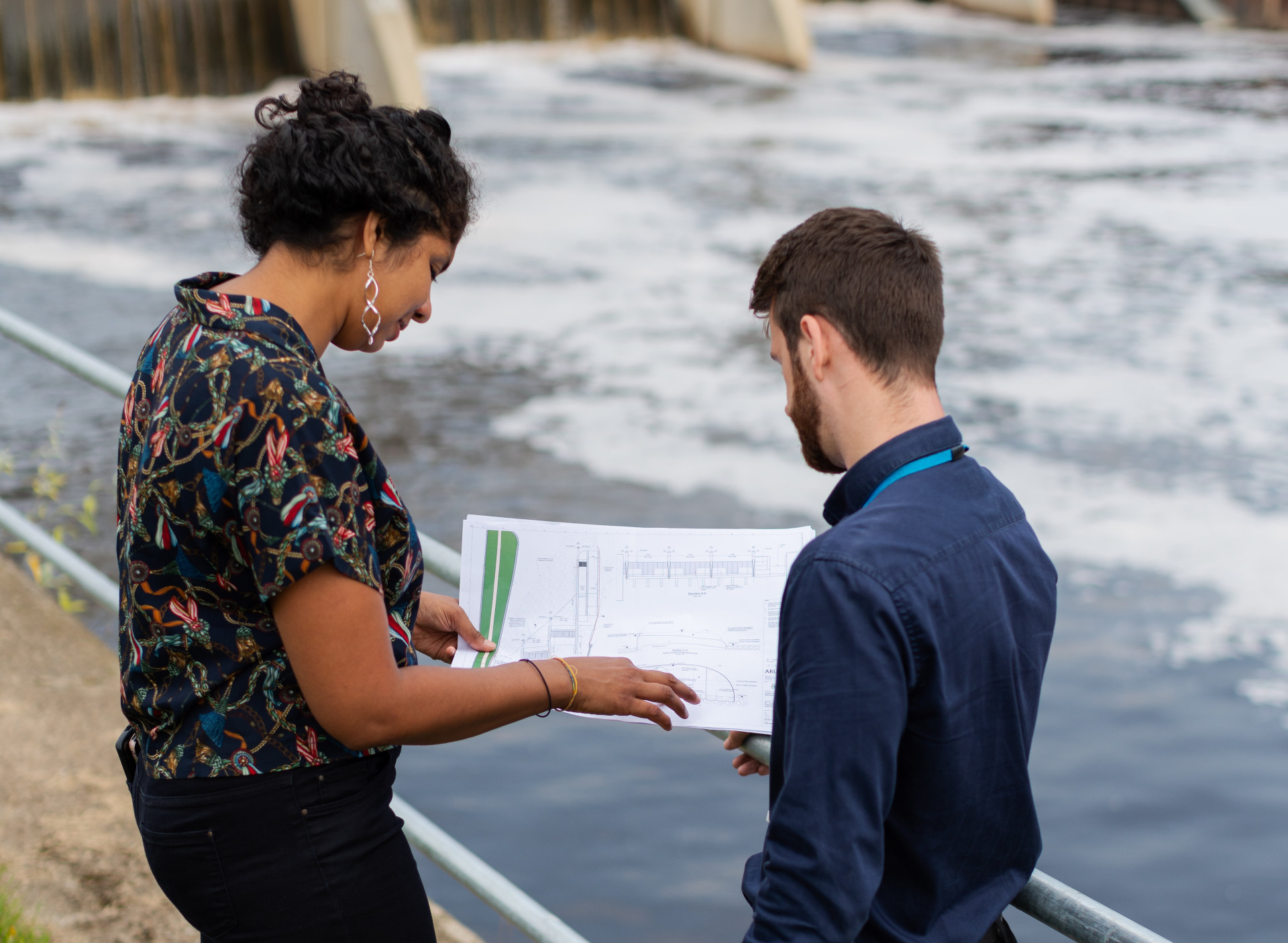We are glad to introduce you to IMPETUS, a new Horizon Europe project that will support and give recognition to citizen science (CS) in Europe. Coordinated by King’s College London, 7 partners from 4 European countries will be creatively working during the next three years.
IMPETUS will pay particular attention to acknowledging the role of Citizen Science in tackling the greatest challenges of our times, therefore there will be a strong focus on considering the United Nations Sustainable Development Goals (UN SDGs) and the Green Deal (GD).
Through an energetic approach, the team will organise 3 open calls that will kick-start citizen science initiatives (CSI) with expected impacts in volunteer engagement, Equity, Diversity and Inclusion -EDI-, openness and quality data.
Another highlight of IMPETUS approach is the setting up of an accelerator, that will provide the funded CSIs with an integrated programme of support, training, mentoring, and resources. The accelerator will facilitate peer learning, enable CSIs to contribute to SDG and GD targets and forge connections with quadruple helix stakeholders.
The launching of an EU Prize for Citizen Science, awarded to CSIs for outstanding achievements, will allow them to continue and expand their work and showcase it to a wider audience. We will award 3 prize categories for 3 years: outstanding achievements, diversity and innovative grassroots projects.
Within this supportive landscape, IMPETUS aims to shape EU policy in and with CS, through horizon scanning, anticipatory policy and action research, informing policy briefs, webinars and workshops with key policy stakeholders. The aim is to foster more CS data to inform evidence-based policies and identify future directions in CS policy.
Let’s remind ourselves what is citizen science: the European Commission shares a broad definition, where citizen science “spans a range of levels of engagement: from being better informed about science, to participating in the scientific process itself by observing, gathering or processing data”. Citizen science is indeed one of the more interesting participatory approaches that have been developed in the field of public engagement. It is the approach that puts the very practice of science in the spotlight. For more information and a myriad of examples or running projects where you can also make a contribution, do explore the European Citizen Science Platform, http://eu-citizen.science
Photo by ThisisEngineering RAEng on Unsplash



